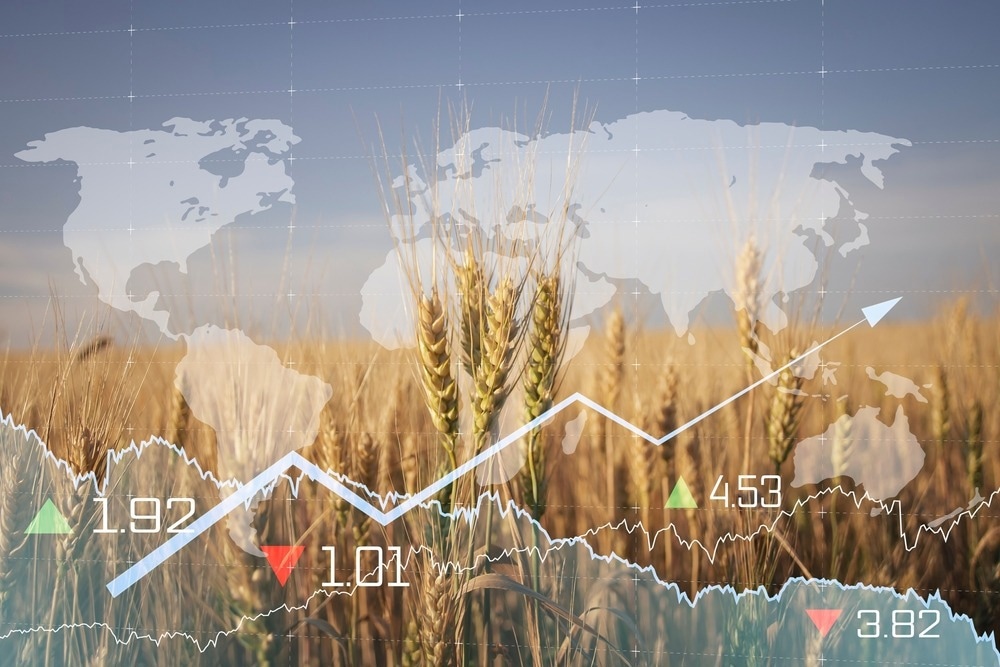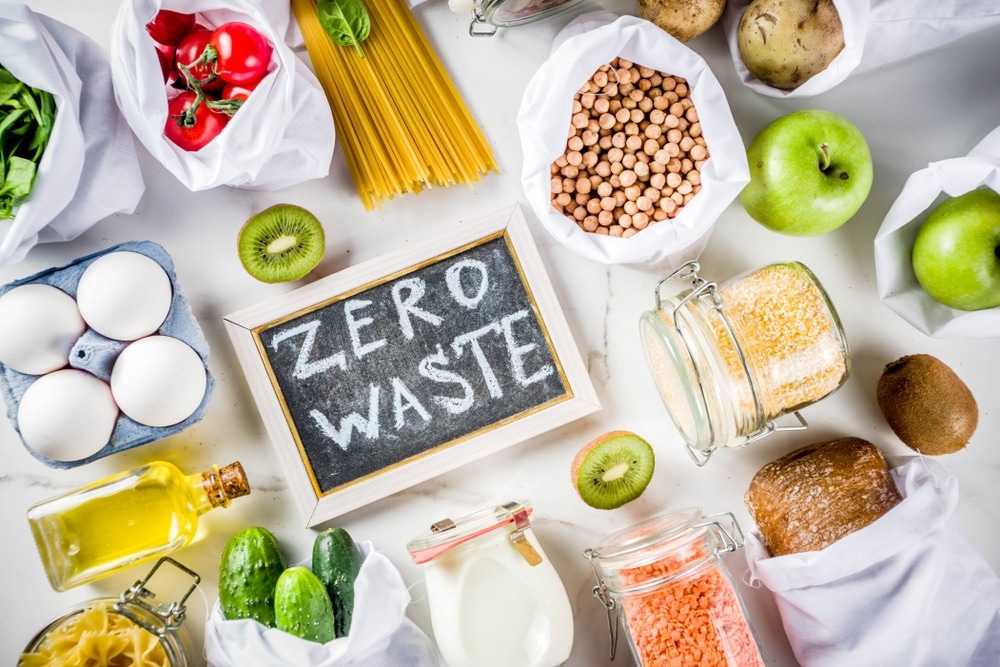The governor of the Bank of England warned about ‘apocalyptic’ food prices, as the UK - and many European countries experienced significant price hikes for food items. For many years, scientists have highlighted that the global food crisis is worsening due to climate change and inflation, and now, as the war in Ukraine prevents farmers from exporting crops out of ‘Europe’s bread basket,’ food availability around the world has been further negatively impacted. Here, we discuss how integrated approaches to reduce food waste, and loss may help address the food crisis.

Image Credit: Leonid Sorokin/Shutterstock.com
How bad is the global food crisis?
2020 saw a dramatic increase in world hunger. The World Bank has reported that almost 10% of the global population is affected by hunger and that around 811 million people were under-nourished in 2020, representing an increase of 161 million from 2019.
After many years of declining global hunger rates, access to sufficient nutrition has become increasingly difficult over the last decade, with many experts identifying climate change, increasing globalization, the rising global population, conflict, and inflation as key factors contributing to worsening global hunger.
The COVID-19 pandemic exacerbated the situation by reducing incomes, disrupting supply chains, and reducing the availability of labor for the agricultural sector. The war in Ukraine has further exacerbated world hunger by preventing the collection and export of important crop yields for Europe.
As of May 2022, the Agricultural Price Index was up by 42% compared to January 2021. Certain food items were worse affected, such as maize and wheat, which had increased in price by 55% and 91%, respectively.
Tackling food waste to improve food availability
Food waste is one of the most pressing issues that must be addressed to reduce global hunger. While the global population is growing, and land to farm on is becoming more scarce, we currently produce more than enough food to feed everyone; the problem is that we throw significant amounts away, or it is wasted. Some reports estimate that half of all food produced is wasted or thrown out.
Food loss and waste undermine the security and sustainability of our food supply chains. It wastes the resources, such as water, land, energy, and labor, required to produce food. It further contributes to climate change by increasing the amount of food in landfills and expelling greenhouse gases. Food loss and waste also reduce the total amount of food available, which contributes to the increasing cost of food, making it harder to access for those on lower incomes.

Image Credit: Rimma Bondarenko/Shutterstock.com
Strategies to reduce food waste and loss
Numerous strategies have emerged in recent years to tackle food waste and loss. Some have aimed to address food loss at the source, using innovative sensors to produce healthy and reliable crop yields and programs that sell ‘ugly’ produce that would otherwise have been disposed of. Other strategies have tackled food loss in transit, such as connected sensors that help keep produce in optimal temperature conditions throughout their journey. Other methods have attempted to address food waste at home, such as edible packaging that prevents microbial growth and extends shelf life.
Integrated approaches to reducing food waste and loss is a strategy that aims to ensure a sufficient food source for future generations by bringing together governments, businesses, international organizations, and community-based agencies to establish joint programs.
In 2014, the UN Committee on World Food Security’s (CFS) High-Level Panel of Experts on Food Security and Nutrition highlighted the importance of integrated approaches to food security. The panel emphasized that the world’s food systems must be sustainable to ensure they are resilient. They also stressed the need to focus on the widespread adoption of integrated approaches developed to reduce food loss and waste.
Integrated approaches draw together key players in our food systems to ensure that the right decisions are made at each step to ensure genuine sustainability. For example, if we tackle food waste at the level of the food producer, but we do not have legislation that discourages commercial food waste, then we are only addressing part of the problem. All parties involved in and with power over the entire food system must be involved in systems that tackle food loss and waste to enable us to make the most out of the food we produce. This is the only way we can achieve true transformative change.
Overall, there is no room for food loss and waste, and our aim must be zero waste. Planetary health can be significantly improved by achieving sustainability in our food systems. Recovery and redistribution of surplus food and diverting food to composting are key methods that must be incorporated into food sustainability plans. Finally, maximizing the positive impact of reducing food waste and loss can only be achieved by integrating good governance with human capital development, collaboration, and partnerships with appropriate organizations.
Continue Reading: Tackling Food Waste to Protect Our Planet
Further Reading
Last Updated: Nov 9, 2022